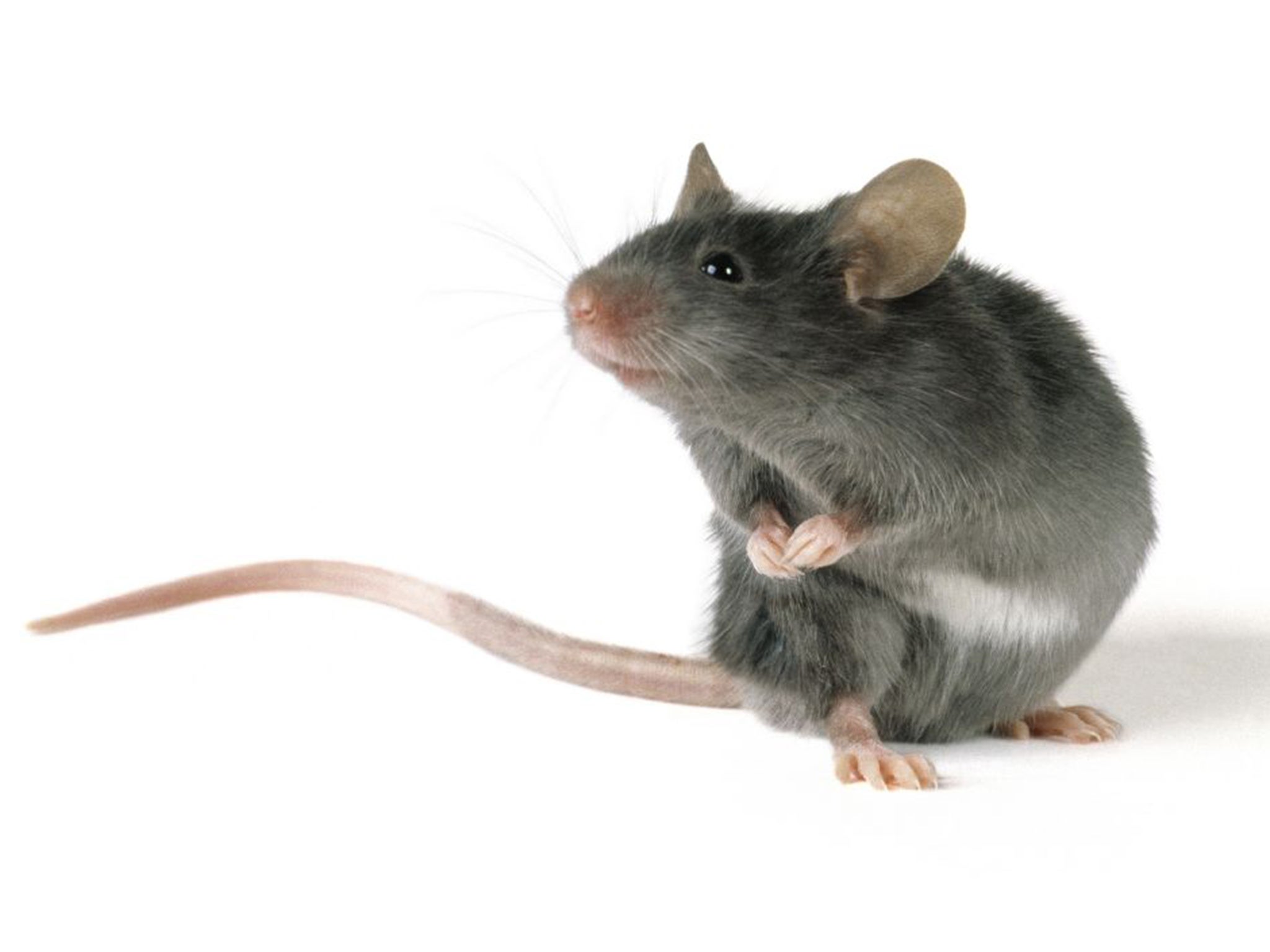Scientists believe they may have implanted an image in the mind of a mouse
The brain seems to be 'a plastic computer that’s constantly learning and changing', researcher say

An image may have been artificially implanted inside the mind of a mouse using a beam of light to reprogram cells in its brain.
Using a technique that has restored the sight and hearing to blind and deaf mice – and also made normal mice unusually aggressive – researchers were about to stimulate a specific cluster of cells.
And they believe this may have created an image or an apparent memory of something that was completely unknown to the mouse.
They compared it to novelist Marcel Proust writing about how the smell of a tea-soaked madeleine triggered memories of his childhood.
Dr Luis Carrillo-Reid, of Columbia University, who took part in the study, said: “We think that these methods to read and write activity into the living brain will have a major impact in neuroscience and medicine.”
The researchers now plan to develop a behavioural study in an attempt to prove that the image – whatever it is – was implanted into the mouse’s brain.
They used ‘optogenetic’ tools, which allowed them to examine what happens in the brain without opening up the mice’s skulls and implanting electrodes, to theoretically achieve this.
They said the mouse was able to run on a treadmill while it was studied, although its head was held still under a microscope.
Light-sensitive proteins were put inside a virus to deliver it to the targeted brain cells. Once inside, a laser could be used to activate the cell, which the researchers said was as simple as turning on a television with a remote control.
Professor Rafael Yuste, a Columbia neuroscientist who also took part in the study, said the results showed the brain might be much more malleable and flexible than previously thought.
“I always thought the brain was mostly hard-wired,” he said.
“But then I saw the results and said ‘Holy moly, this whole thing is plastic’.
“We’re dealing with a plastic computer that’s constantly learning and changing.”
Optogenetics, which has been developed over the last 10 years, is credited were revolutionising our understanding of the brain.
“If you told me a year ago we could stimulate 20 neurons in a mouse brain of 100 million neurons and alter their behaviour, I’d say no way,” Professor Yuste said.
“It's like reconfiguring three grains of sand at the beach.”
Join our commenting forum
Join thought-provoking conversations, follow other Independent readers and see their replies
Comments
Bookmark popover
Removed from bookmarks